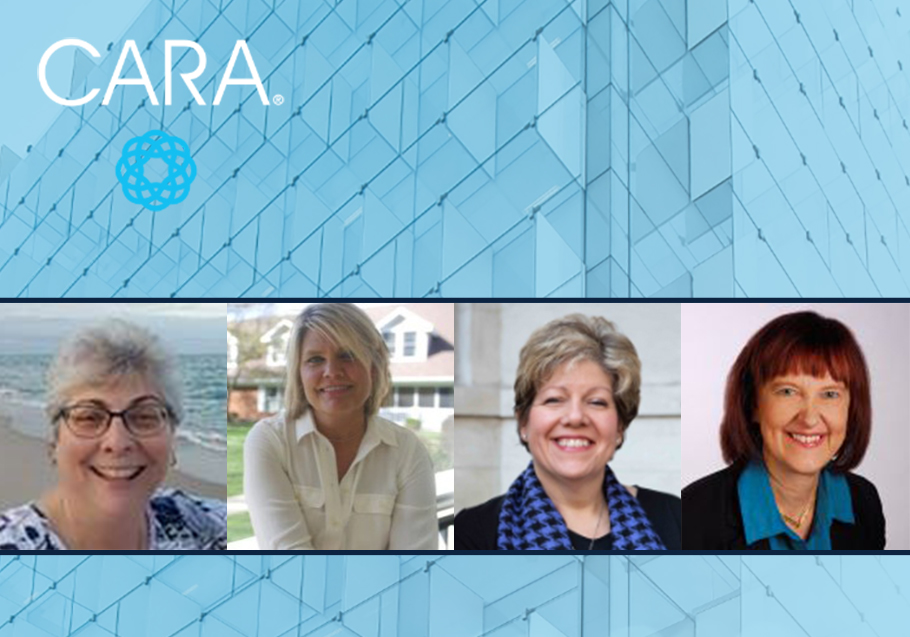
Inclusion may not be rocket science, but it is human science. And, in today’s environment, it is non-negotiable. Inclusion is imperative for leaders to drive up innovation and drive out…

Inclusion may not be rocket science, but it is human science. And, in today’s environment, it is non-negotiable. Inclusion is imperative for leaders to drive up innovation and drive out…

We are pleased to announce our latest winners of the PURE Service Award: Sue Sobek, Corri Campbell, Lisa Lanier, and Terry Kozlowski. Sue Sobek Sue is an instructional designer who, over the…